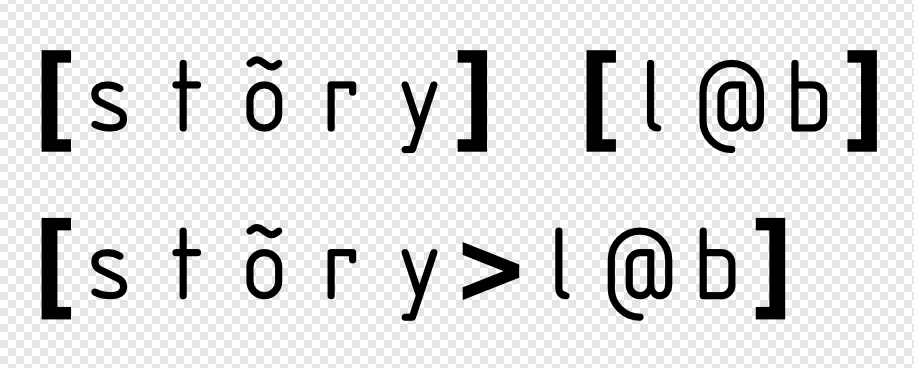
Storylab
Storylabs are workshops aimed at promoting storytelling as a tool for emancipation and social engagement. They are based on a template developed by Tesserae / ogino:knauss identifying nine key elements of a narrative process.

Storylabs are workshops aimed at promoting storytelling as a tool for emancipation and social engagement. They are based on a template developed by Tesserae / ogino:knauss identifying nine key elements of a narrative process.
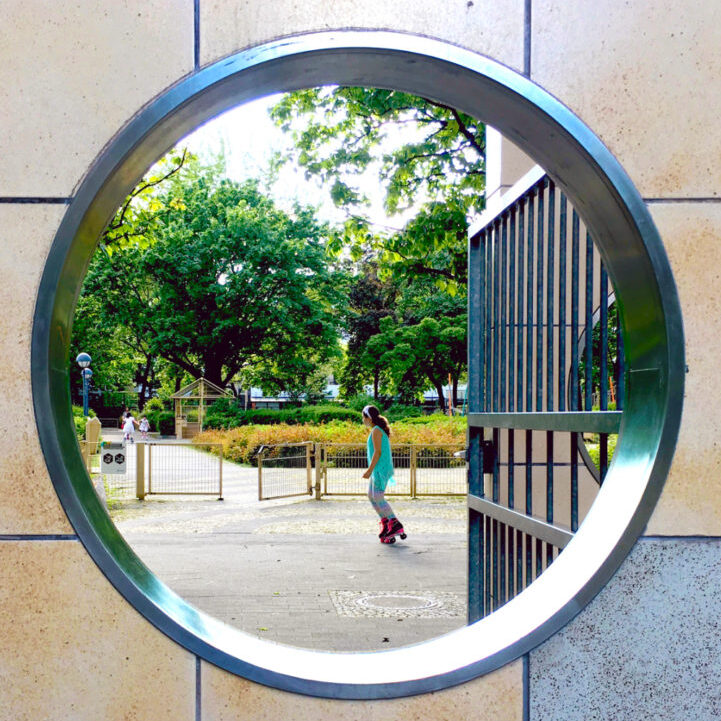
(English below) Digitaler Nachbarschaftsatlas der Südlichen Friedrichstadt – Workshopreihe Mehringplatz Anknipsen II – Du bist Bewohner*in der Südlichen Friedrichstadt / der Gegend um den Mehringplatz? Und du möchtest dich mehr mit lokalen Themen zur Nachbarschaft auseinandersetzen? Vielleicht bist du schon aktiv oder willst es werden… – dann werde Teil der Workshopreihe “Mehringplatz Anknipsen II”. Was ist […]
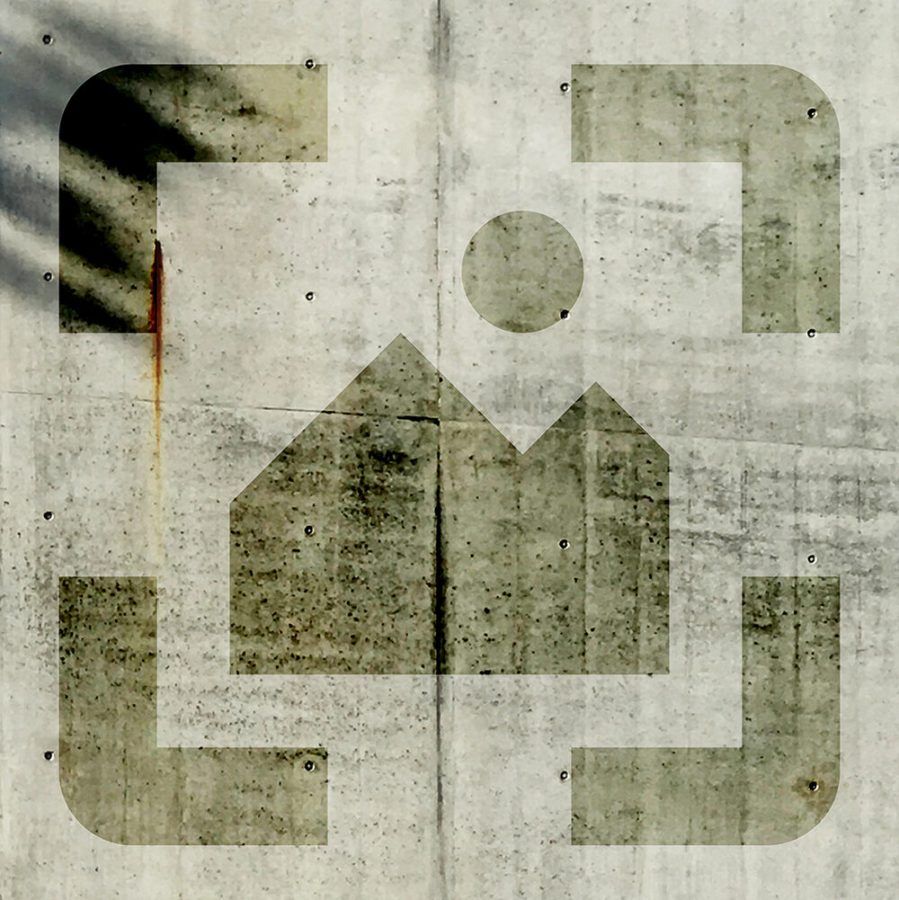
A digital storytelling workshop dedicated to the production of personal narratives based on impressions and memories of Mehringplatz – Südliche Friedrichstadt. Participants will be invited to follow their inclination or favourite languages employing writing, photography, video, music and sound, drawing, graphic design, performance etc. Professional technical notions or artistic competences are not necessary. The laboratory […]
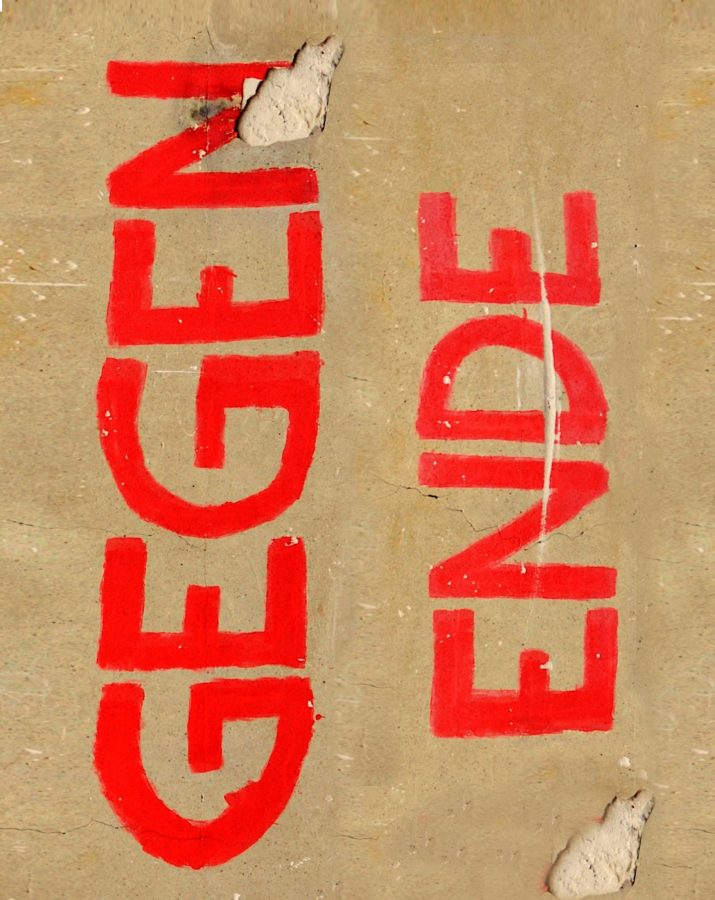
How do we capture different voices of a community in a shared narrative framework? Next Mehringplatz StoryLab “Collecting Stories“ will take place Saturday April 22 at SUPERMARKT. We will introduce a new tool, the Mehringplatz Card Set, to trigger the collection and recomposition of narratives about the neighbourhood. —— Saturday 22 April, 2pm SUPERMARKT, Mehringplatz 9 10969 […]
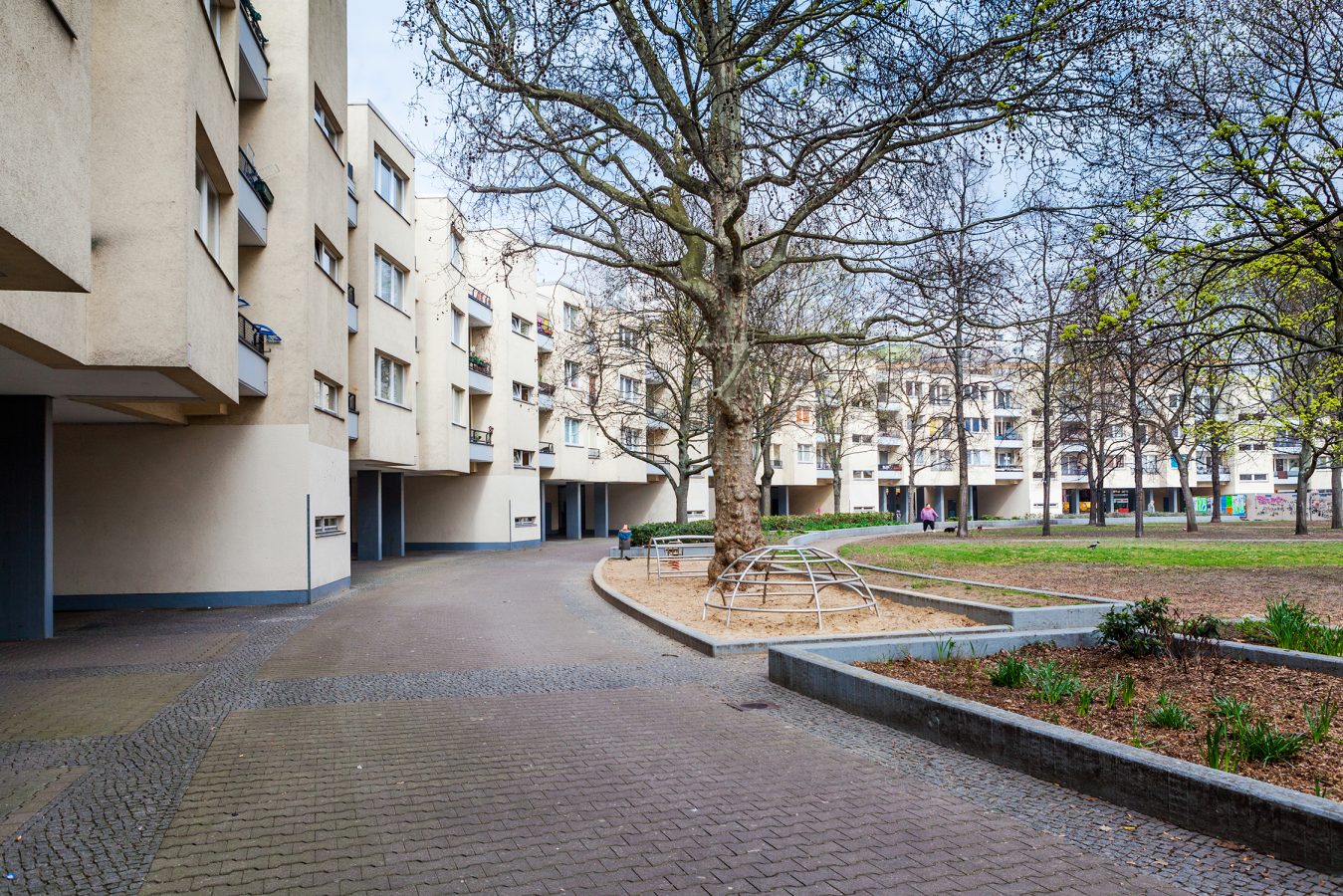
Suffering from its marginalized position during the years of the German division, the neighborhood was recognized and labelled as a deprived area in 2005 due to its low standards of economic development, its poor social integration and quality of life. These characteristics made the territory of Südliche Friedrichstadt a periphery in the centre of Berlin, as the area is located in the proximity of some of the city’s main attractive spots, such as the lively Mitte and the creative Friedrichschain-Kreutzberg. In a twenty-year time-span, a set of policies of local urban renewal has been gradually implemented to re-centralize the neighborhood, starting from the very re-centralization of the role of its residents in directly participating in small decision-making processes. This served to acknowledge, create and institutionalize their identity as a geo-social collectivity. Commercial, leasure and creative initiatives have begun to flourish in the area, projecting it as an emblem of juxtapositions and contradictory tendencies characterizing modern urban contexts, whereby transitions to new lifestyles are mediated by old identites and latent risks of gentrification, displacement and social conflicts.